Delta Air Lines was founded in 1924 as Huff Daland Dusters, a crop dusting company based in Macon, Georgia. In 1925, the company was reorganized as Delta Air Service and began operating passenger flights between Dallas and Jackson, Mississippi. In 1928, Delta Air Service merged with a number of other small airlines to form Delta Air Corporation, which was later renamed Delta Air Lines, Inc.
Throughout the 1930s and 1940s, Delta continued to expand its operations, adding new routes and acquiring other airlines. In 1953, it became the first airline to offer regularly scheduled flights between the United States and Europe, with service from New York to Paris. In the 1960s, Delta was one of the first airlines to introduce jet-powered aircraft, such as the Boeing 707 and the Douglas DC-8, which allowed it to offer faster and more comfortable service to its customers.

In the 1970s and 1980s, Delta faced increasing competition from low-cost carriers and underwent a series of changes in an effort to remain competitive. In 1971, it introduced the Delta One business class service, which offered premium amenities such as private sleeping compartments and gourmet meals for long-haul flights. In 1979, it launched a low-cost airline subsidiary called Delta Express, which operated flights within the United States using a fleet of Boeing 737 aircraft.
One of the most significant events in the history of Delta Air Lines was the introduction of the McDonnell Douglas MD-80 series of aircraft in the 1980s. The MD-80 was a popular and reliable aircraft that was used by Delta for many years, and it became a staple of the airline's fleet. However, in 2017, Delta announced that it would be retiring its remaining MD-80s and replacing them with newer, more fuel-efficient aircraft.
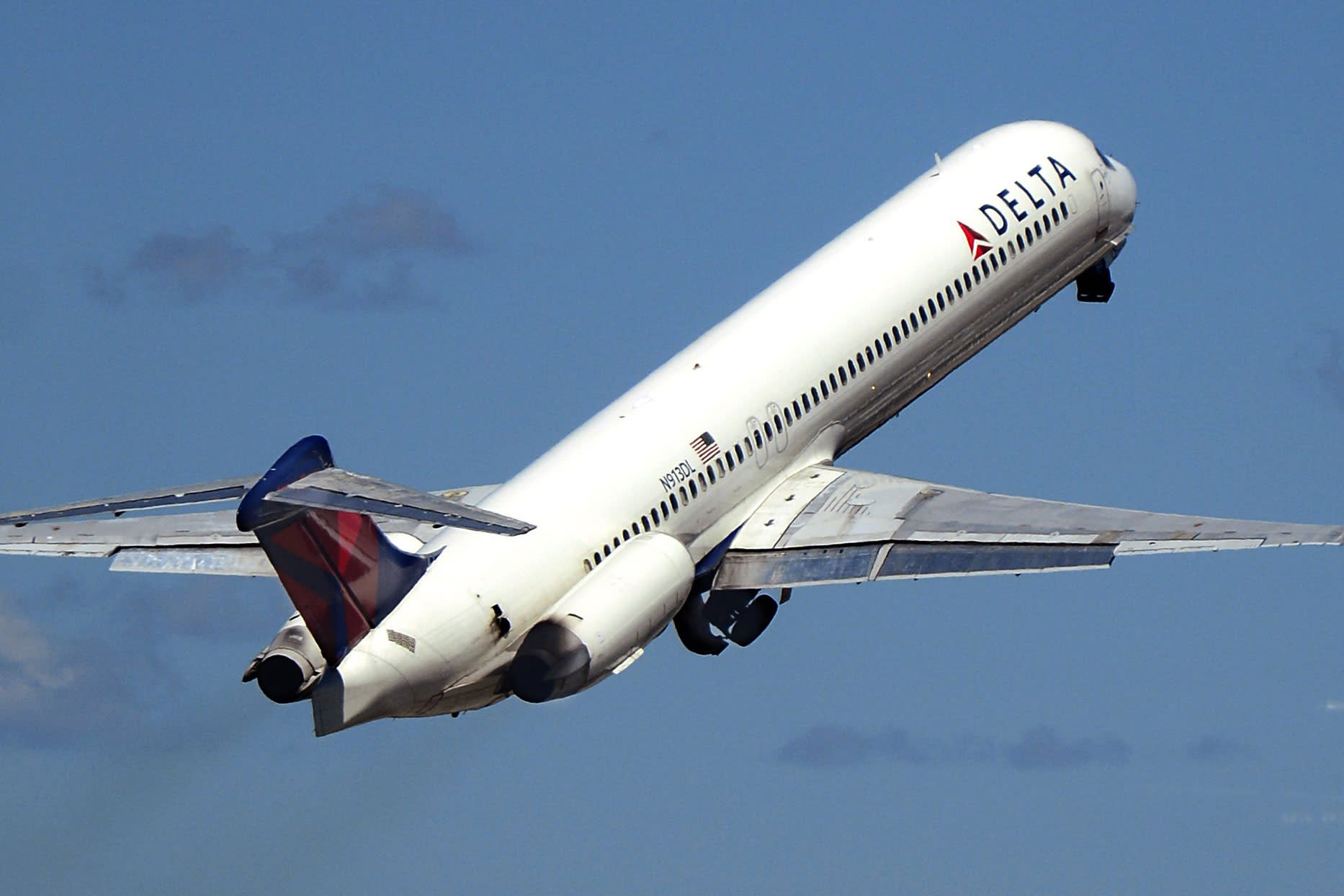
In the 2000s, Delta faced financial difficulties due to rising fuel costs and the impact of the September 11, 2001 terrorist attacks. In 2005, the company filed for bankruptcy protection and underwent a major restructuring effort in order to improve its financial performance. It emerged from bankruptcy in 2007 and has since undergone several additional restructuring efforts in order to remain competitive in a rapidly changing industry.
In 2020, Delta announced that it would be retiring its fleet of Boeing 777-200 aircraft, which had been in service with the airline since the 1990s. The retirement of the 777-200 was part of Delta's ongoing effort to modernize its fleet and replace older, less fuel-efficient aircraft with newer, more efficient models.
Today, Delta Air Lines is a major global airline, with a fleet of more than 800 aircraft serving destinations in over 50 countries around the world. It is a founding member of the SkyTeam alliance, a global airline alliance that offers its customers a wide range of travel options and destinations. Despite the challenges it has faced over the years, Delta remains one of the most respected and well-known airlines in the world, known for its commitment to safety, reliability, and customer service.

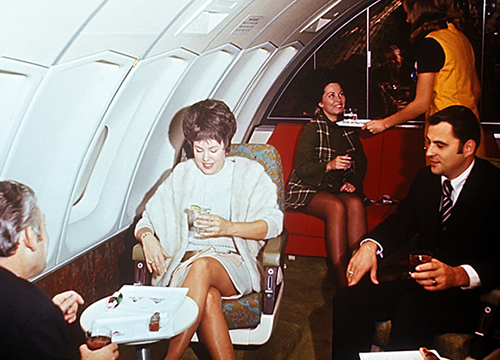

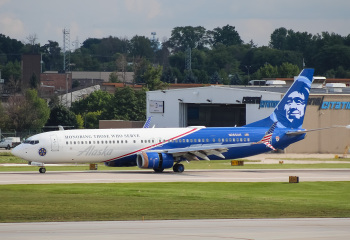
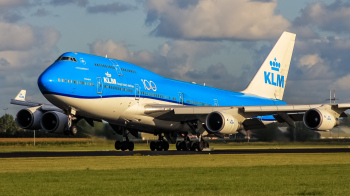

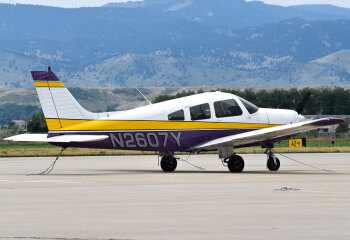

Comments